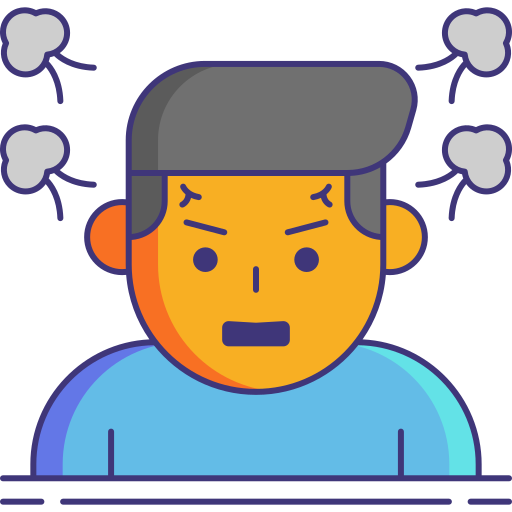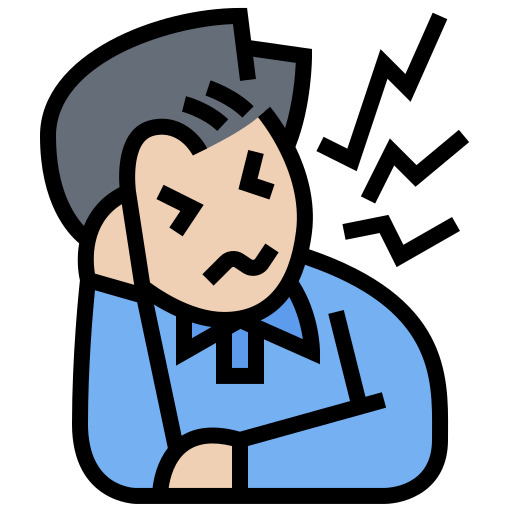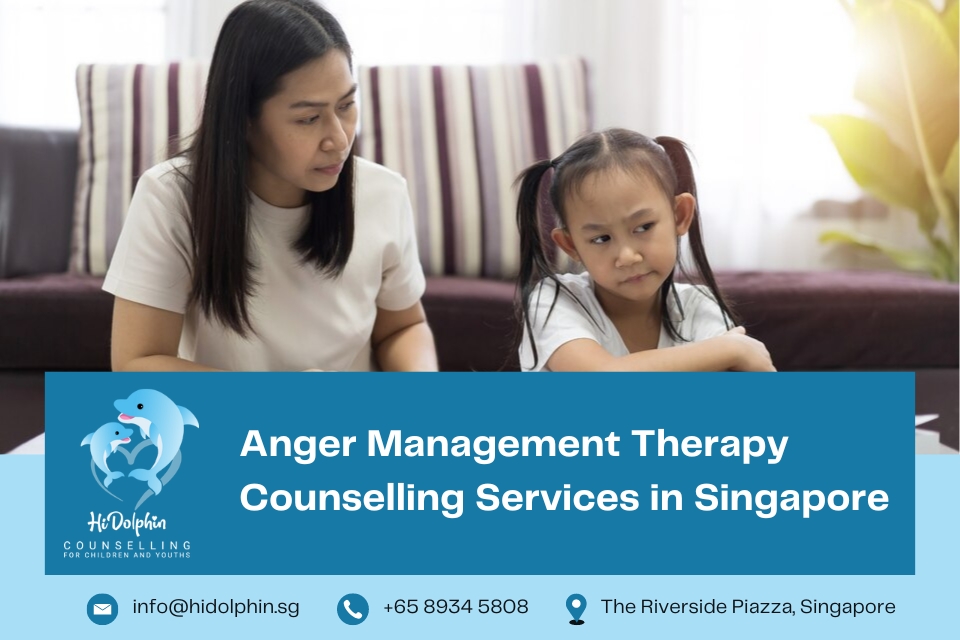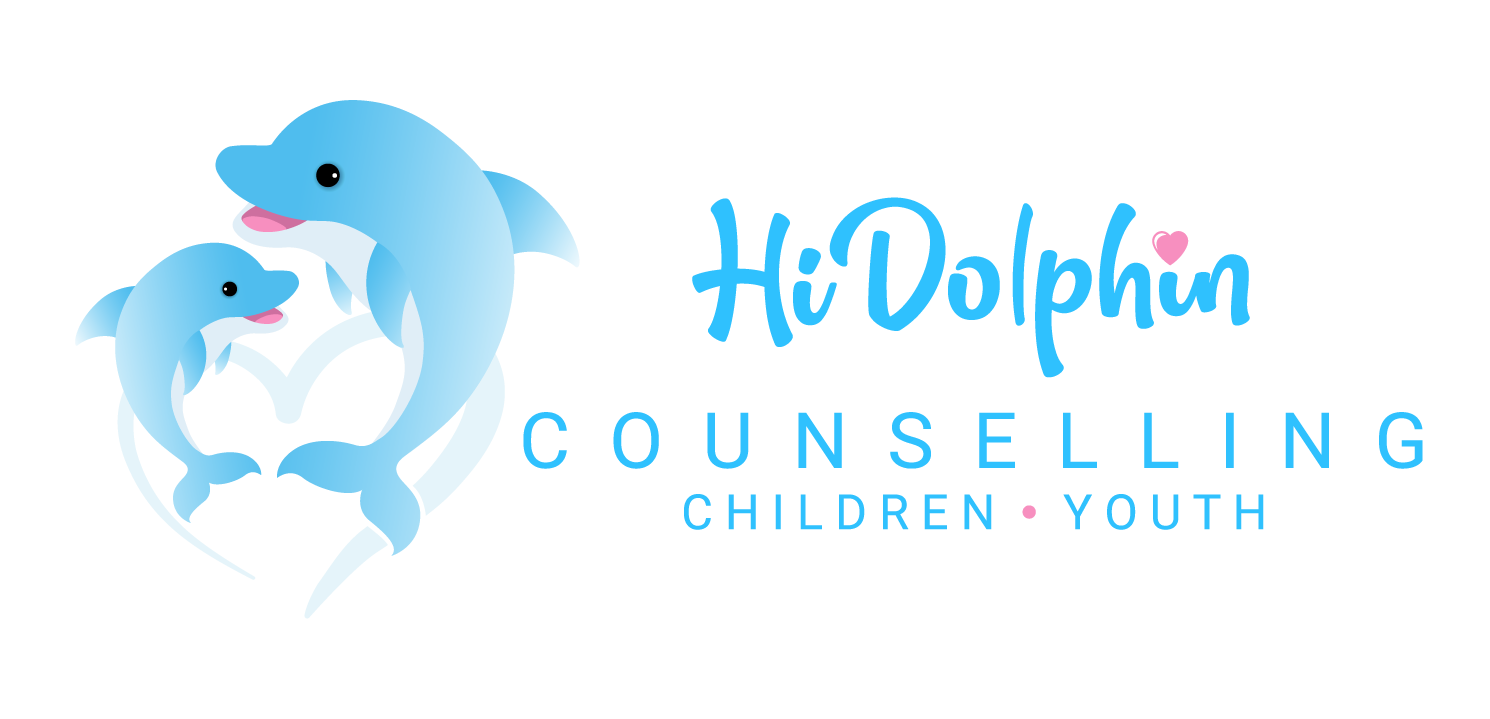Anger Management Therapy
Counselling Services in Singapore
Angry is a normal human emotion, and it's common for children to struggle with managing their anger in healthy ways. When children lose control and direct their distress at others through behaviors, it can indeed be a scary and stressful experience for everyone involved.
Common behaviors that children and youth may exhibit when they are angry

Tantrums
Crying, screaming, kicking, or hitting

Verbal Aggression
Yelling, name-calling, or using harsh language

Physical Aggression
Hitting, pushing, or throwing objects

Withdrawal
Refusing to engage with others (parent, teacher, peer) or participate in activities

Defiance
Refusing to follow instructions or comply with home or school rules

Negative Self-Talk
Criticizing themselves or expressing feelings of worthlessness

Clenched Fists or Jaw
Physiological signs such as clenched fists or jaw, tense muscles, or flushed face

Sulking or Pouting
Withdrawing from social interactions and displaying a sad or resentful demeanor
Common factors that may contribute to anger in children and youth
Children and youth can experience anger for various reasons, both at home and in school.
Emotional Regulation
Still developing their emotional regulation skills, making it challenging for them to manage strong emotions like anger effectively.
Stress and Pressure
Academic pressures, social expectations, and school or family stressors can overwhelm children and youth, leading to feelings of frustration and anger.
Conflict and Relationships
Struggles with peers, conflicts with siblings, or challenges in relationships with parents or teachers can trigger anger.
Unmet
Needs
Anger may arise when children and youth feel that their needs for attention, validation, autonomy, or safety are not being met.
Trauma and Adversity
Experienced trauma, neglect, or adverse childhood experiences may struggle with anger as a coping mechanism or as a response to triggers related to their past experiences.
Developmental Changes
Adolescence is a period of significant physical, cognitive, and emotional changes, which can lead to heightened emotions and mood swings.
Mental Health Concerns
Underlying mental health issues such as anxiety, depression, ADHD, or oppositional defiant disorder (ODD) can manifest as anger.
Factors such as exposure to violence, substance abuse in the family, or socioeconomic stressors can contribute to anger and aggression.
How to keep them, and others around them, safe? As a child gets older, aggression might become more and more. It’s common for children to feel guilty or sorry after they calm down from a bout of anger, but it can be challenging for them to apologize to parents or caregiver. As children lack of confidence in their ability to control their behavior in the future. They don’t know how to deal with their frustration or other uncomfortable feelings. They haven’t yet learned skills for emotional regulation without getting upset when overwhelmed.
How to keep children and others around them safe when they are experiencing intense anger
Stay Calm: It's essential for parents to remain calm and composed when dealing with a child's aggressive behavior. If parents respond emotionally, it could escalate the situation further.
Ensure
Safety
Prioritize safety by removing any dangerous objects from the area and guiding them to a safe space.
Validate
Feelings
Acknowledge the child’s feelings of anger and frustration, letting them know that it’s okay to feel upset but not okay to express those feelings through aggression.
Model Healthy Behavior
Children learn by observing parents and caregiver, so model healthy ways of dealing with anger and frustration in your own behavior.
At HiDolphin, we provide anger management therapy, a supportive and nurturing environment for children and youth to regulate their emotions safely. Our guidance and interventions are tailored to meet the specific needs of each individual, helping them learn to manage their anger in healthy and constructive ways. If you’re ready to start your journey towards ‘I’m OK Child, You’re OK Parent‘, please click here https://hidolphin.sg/book-appointment/ to schedule an appointment. We are happy to assist you and your child every step of the way.
Why Choose HiDolphin for Anger Management Therapy/Counselling?
HiDolphin is the best place to get child anger management therapy/counselling in singapore. Anger Management Therapy ensures that children and youth can avoid bad effects on their personal relationships, workplace performance, and overall mental health. Our Therapists use effective methods and offer professional guidance to children and youth to understand their anger issues, develop coping skills, and manage their emotions. The following are the reasons to get anger management therapy from HiDolphin
- Expert Guidance: At HiDolphin, we have experienced therapists who provide expert guidance to support children and youth to manage their anger issues effectively. With their expertise, they manage to know the reason behind a child’s angry behavior.
- Our Approach: Our Expert Therapists evaluate both child and their parents to know from where the child is getting anger issues. By following this approach, our therapists are able to deploy suitable strategies.
- Our Methods: HiDolphin uses a comprehensive approach, integrating various methods such as sand, art and music, MEMI, CBT, and Gottman Method Couples Therapy to assist children, youth, and their parents.
- Complete Assistance: We provide constant assistance to children and their families throughout the entire process, beginning with the initial evaluation and continuing through ongoing anger management therapy. This commitment to effective anger management ensures a coordinated and consistent effort



Environmental Factors